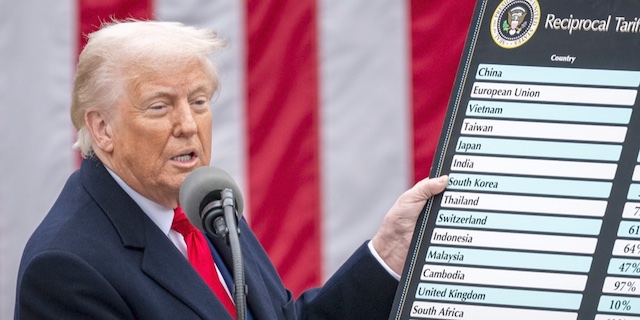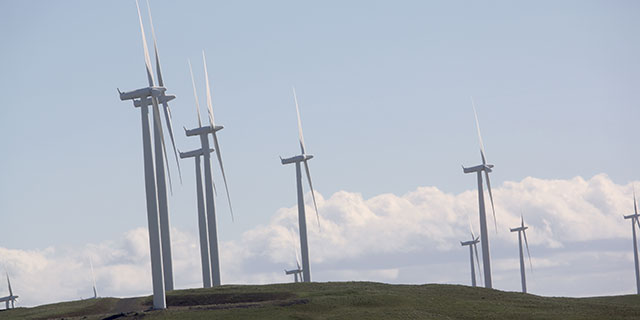Maritime group: Washington ports need money, not red tape
Published 10:11 am Monday, October 10, 2016

- The container ship Benjamin Franklin calls at Terminal 18 of the Port of Seattle. Japan has approved the controversial Trans-Pacific Partnership trade agreement, which President-elect Donald Trump has promised to scuttle.
A report commissioned by the Washington Maritime Federation makes a plea for more public money and less hostility toward port projects related to coal and oil.
The study, led by former U.S. maritime administrator Dave Matsuda, outlines broad policy goals, but largely does not offer detailed proposals.
The report does assert that Washington ports are in danger of losing business, particularly to the ports of Vancouver and Prince Rupert in British Columbia, and the ports of Long Beach and Los Angeles in Southern California.
The state’s two largest ports, Seattle and Tacoma, already have seen their share of North America’s container market decline to 10 percent from 15 percent since the turn of the century, according to the report.
Projects that could create jobs face years of government review and opposition based on climate change concerns, threatening to cause some companies to look elsewhere to build, the report warns.
“There are some pretty demanding challenges facing Washington,” Matsuda said in a conference call with reporters.
The federation is an association of shipping, economic development and business organizations.
Five of the top 10 products exported from Washington are agricultural goods: soybeans, wheat, corn, apples and processed potatoes, according to the report.
One specific idea in the paper, allowing state gasoline taxes to be spent on port projects, would require amending the state constitution.
“We heard that might be a politically tough battle,” Matsuda said.
Other recommendations in the report include:
• State funding set aside solely for ports. The report did not propose a revenue source, though it did hold up Florida as a model. The Sunshine State has a law guaranteeing at least $25 million will be spent annually on port projects. “If it’s a priority, you have to make room for it in the budget,” Matsuda said.
• Tax incentives to encourage private investment. In the conference call, Matsuda suggested looking at capping taxes on port properties.
• Establish a committee to investigate delays in issuing permits and recommend ways to speed up decisions. The report highlighted that a proposal to build a coal export terminal on the Columbia River at Longview has been under review since Feb. 22, 2012. “Somebody has to be empowered to collect data and make recommendations to make changes to how decisions are made,” Matsuda said.
The report noted that the Washington Department of Ecology has estimated the coal terminal’s effect on greenhouse gas emissions worldwide, not just in Washington. Ecology has called on the company, Millennium Bulk Terminals, to slash the projected carbon output by half.
“It is disconcerting that only port infrastructure has been singled out for such treatment,” the report states. “This unprecedented decision has now set a practice that has the potential to seriously hurt Washington’s competitiveness.”
The report also cited two high-profile disputes in Seattle as examples of shaky support for ports.
City officials last year objected to Foss Maritime leasing space at the Port of Seattle to Royal Dutch Shell. Concerned about climate change, Mayor Ed Murray said it was “time to turn the page on things like coal trains, oil trains and oil drilling rigs.” The oil company later dropped plans to drill offshore in Alaska and use Seattle as a base for storing and maintaining equipment.
This year, the city council by one vote defeated a proposal to build a sports arena in a port industrial district. The port and International Longshore and Warehouse Union opposed the arena.






